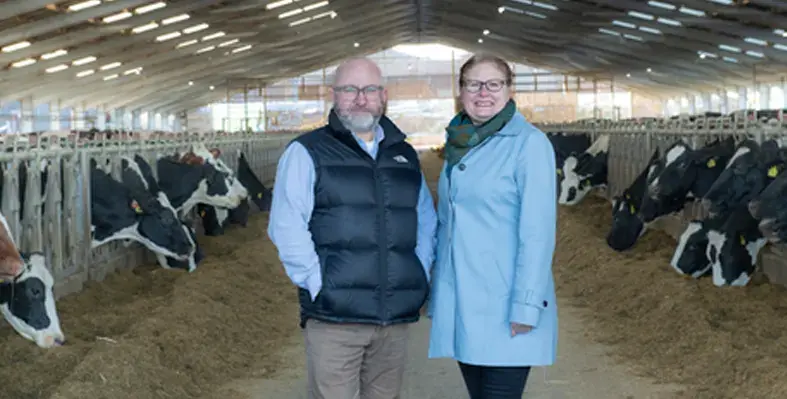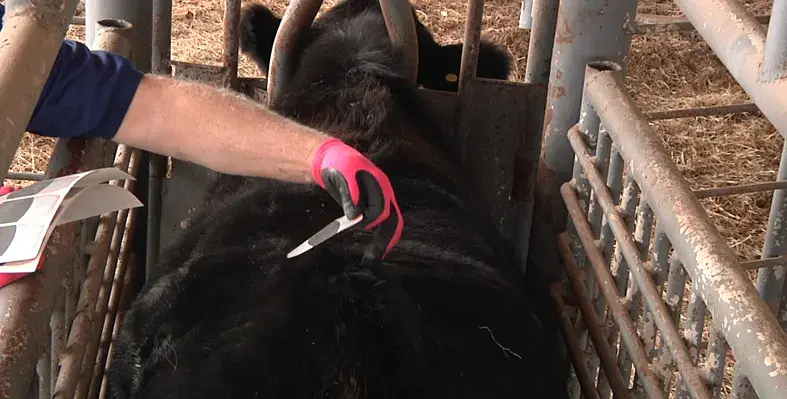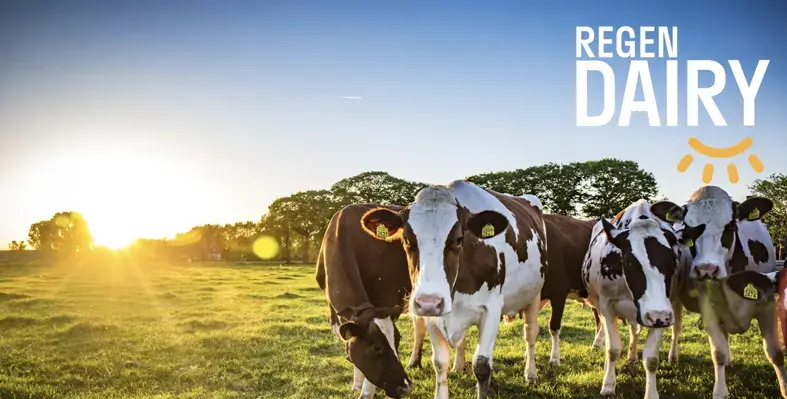
Technology developed by the Scottish biotech, which has announced its latest investment round, is set to revolutionise the dairy farming industry. (Image source: Business Wire)
Scottish biotech company, Biotangents recently announced its latest investment round, that is set to revolutionise the dairy farming industry with the world’s fastest on-farm, point-of-care diagnostic device aimed at addressing disease in dairy cows
Bovine mastitis is a serious and expensive problem costing the global dairy farming industry around US$25.4bn every year. Given the timeframe of existing diagnostics, which take so long that farmers resort to treating herds, predominantly with antibiotics.
The excessive use of antibiotics which that is unnecessary for 40% of cases increases the anti-microbial resistance of the herd, decreases life expectancy, and increases milk wastage, leading to negative environmental impact and significant costs.
Biotangents developed its technology to enable farmers to make an informed treatment decision. Its solution comprises a cost effective, innovative on-farm molecular diagnostic device that provides highly accurate results in less than two hours.
“Biotangents is on the cusp of full market launch with a technology that leads to better herd health, much improved productivity, and significantly higher levels of sustainability,” said CEO of Biotangents, Fiona Marshall.
Biotangents sees future applications for its technology not only in animal health, but also in human healthcare and environmental monitoring. Following the investment, Biotangents will commence on-farm trials across the UK and internationally later next year.








